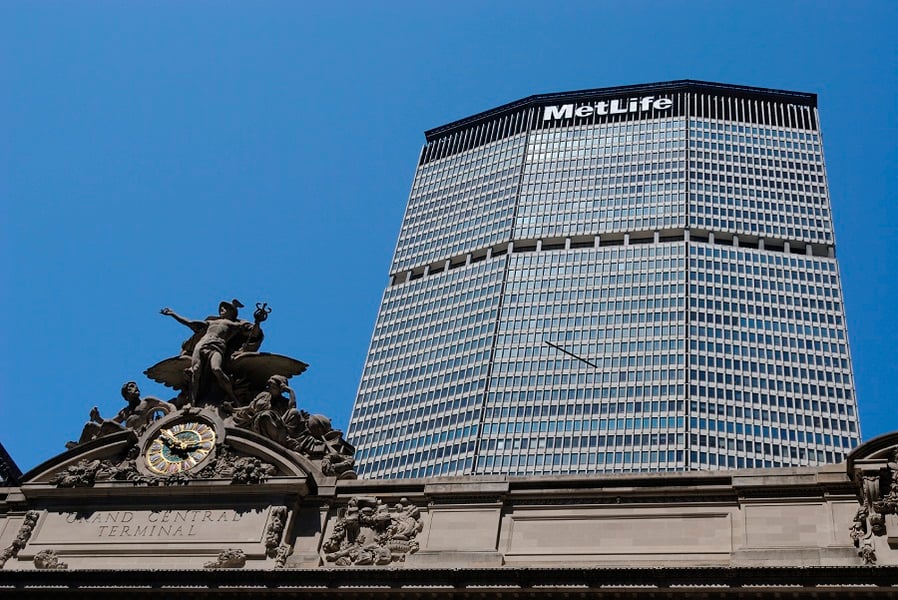

MetLife Inc. is raising its U.S. minimum wage to $20 an hour from $15 as the nation’s biggest life insurer joins the roster of firms boosting worker pay amid labor shortages.
The company said the pay bump follows a $10 million investment to enhance training and “career path development” for employees. MetLife’s last U.S. wage increase came in 2018.
The $20 rate takes effect next month, according to a spokesperson who said the insurer is hiring, particularly for customer-service and operations roles.
“By raising our minimum wage, we’re offering security and confidence to our people just as we do our customers,” Chief Executive Michel Khalaf said Thursday in a statement. “It is our employees who help us deliver on the promises we make, so their well-being is paramount.”
Companies including McDonald’s Corp. and Costco Wholesale Corp. have announced wage increases this year. Charles Schwab Corp. said Thursday that it will increase pay by 5% for most of its 32,500 employees, with the pay hike taking effect in late September.
Chipotle Mexican Grill Inc. raised its average wage to $15 an hour in May as it moved to hire 20,000 workers across the U.S. Amazon.com Inc. also announced plans in May to hire 75,000 people in the U.S. and Canada at starting pay that will average more than $17 an hour.
MetLife employs around 46,500, according to data compiled by Bloomberg. The federal minimum wage is $7.25 an hour.

Integrated Partners is adding a mother-son tandem to its network in Missouri as Kestra onboards a father-son advisor duo from UBS.

Futures indicate stocks will build on Tuesday's rally.

Cost of living still tops concerns about negative impacts on personal finances

Financial advisors remain vital allies even as DIY investing grows

A trade deal would mean significant cut in tariffs but 'it wont be zero'.
RIAs face rising regulatory pressure in 2025. Forward-looking firms are responding with embedded technology, not more paperwork.
As inheritances are set to reshape client portfolios and next-gen heirs demand digital-first experiences, firms are retooling their wealth tech stacks and succession models in real time.
